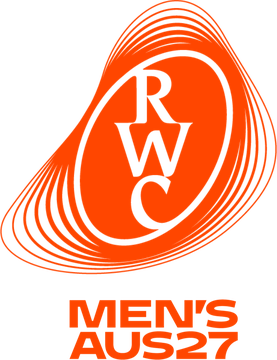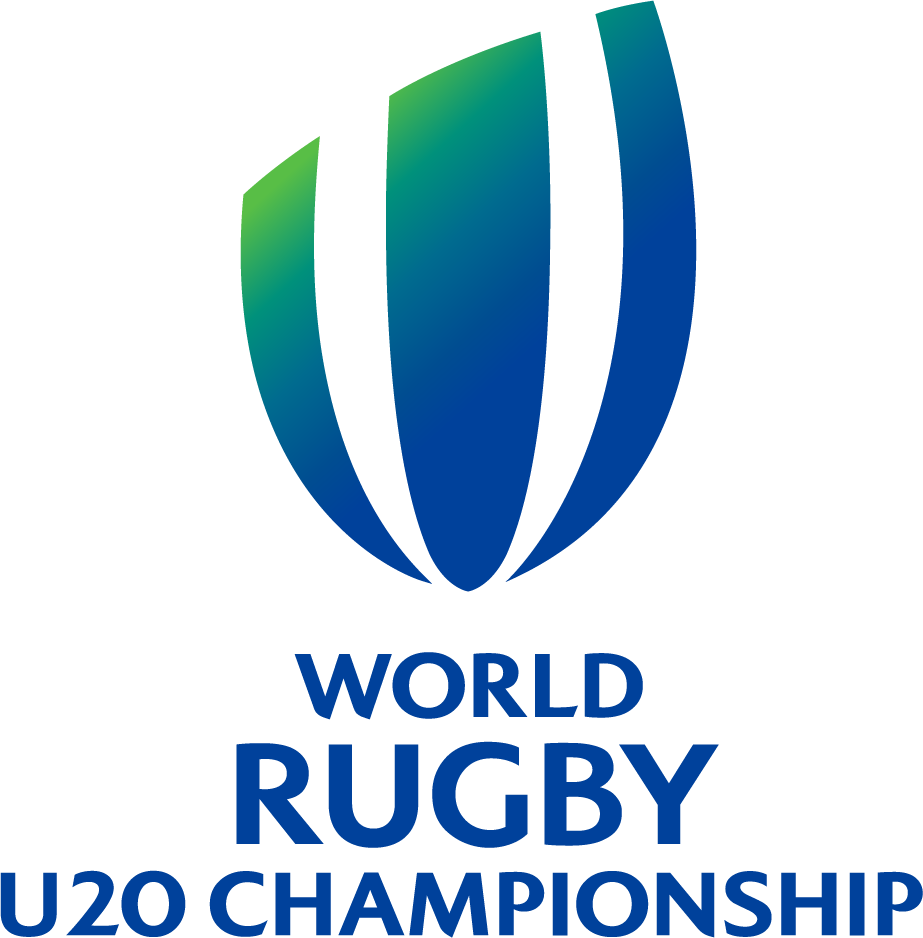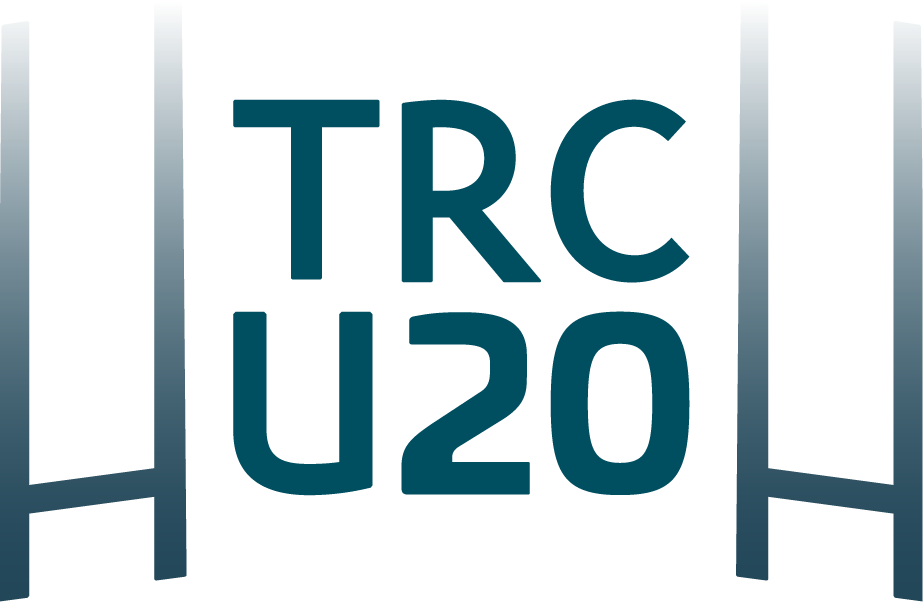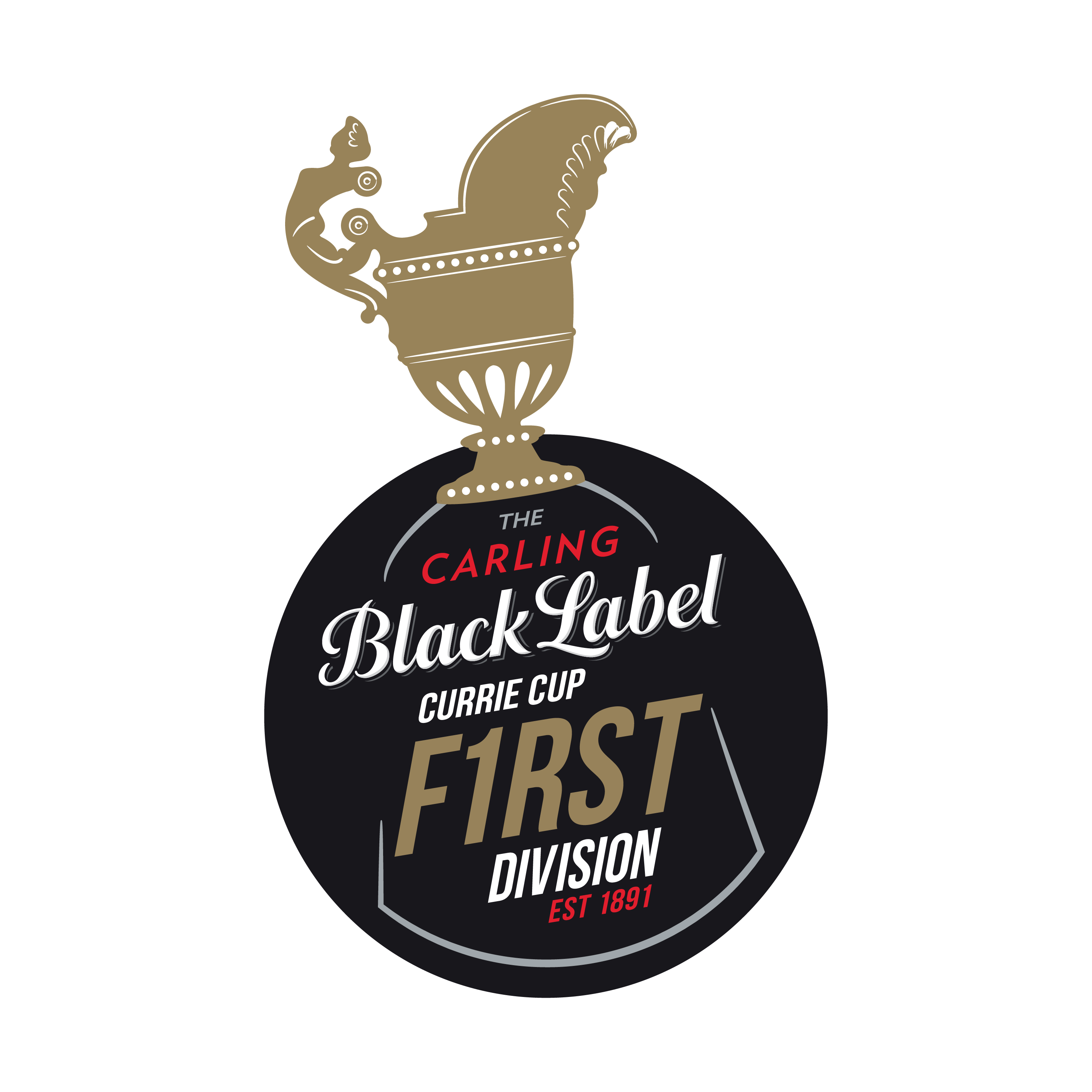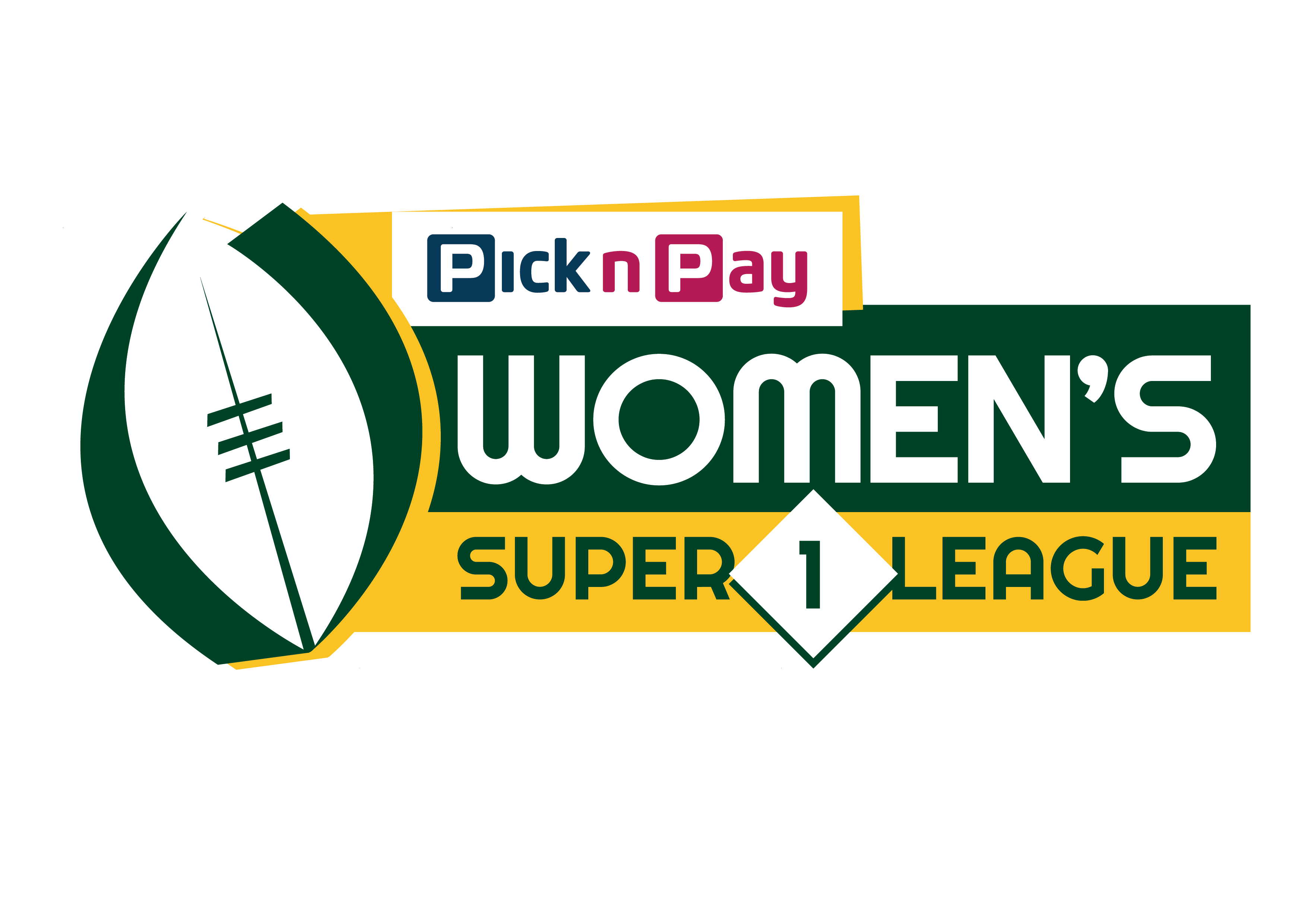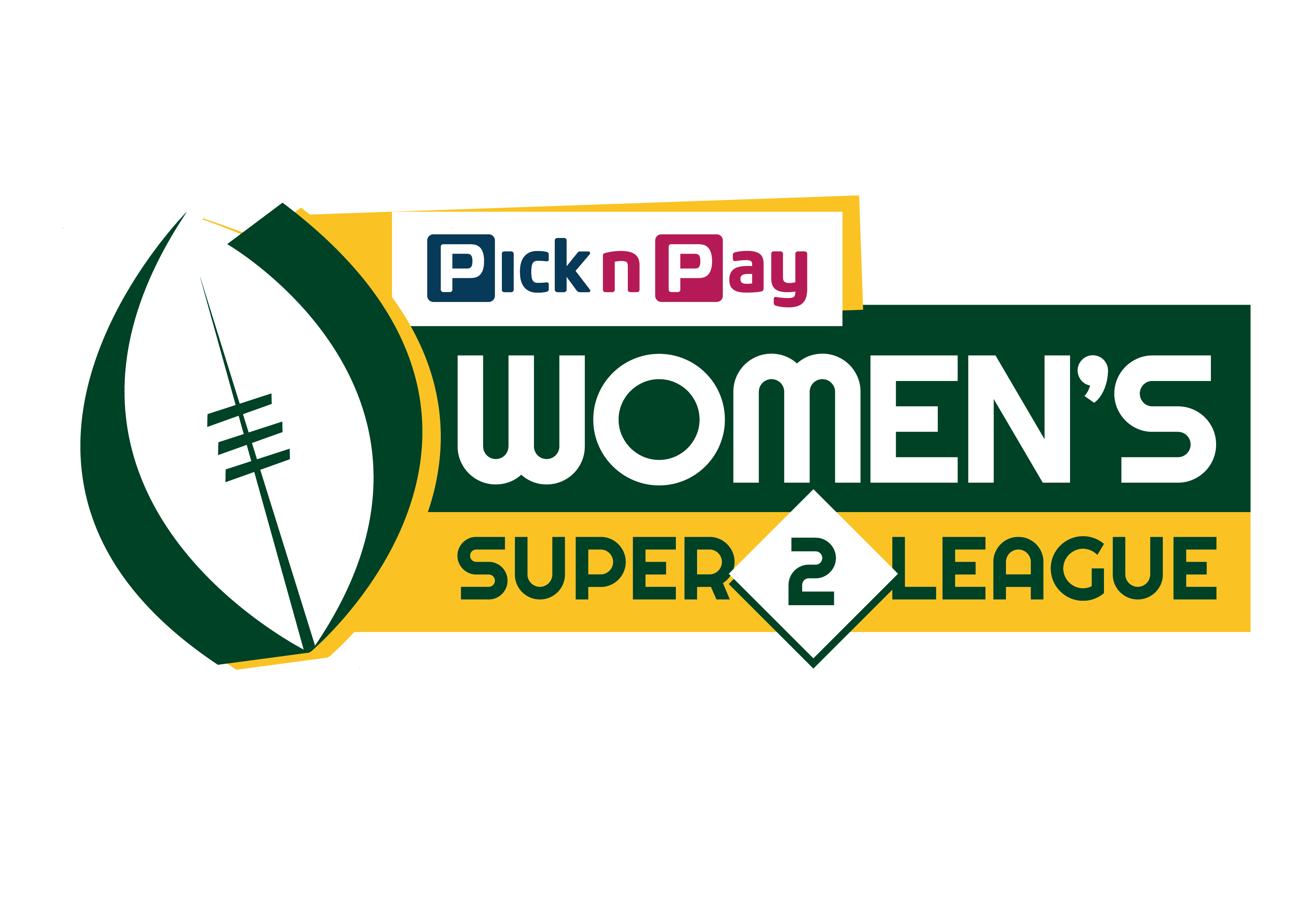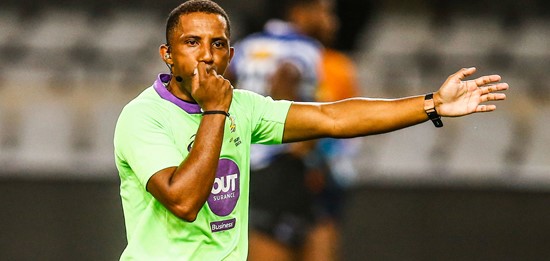Bringing together representatives from all 15 provincial unions and key stakeholders, the two-day event – hosted by SA Rugby’s Participation & Development Department – focused on several strategic priorities, which also included the implementation of Long-Term Player and Coach Development pathways (LTPD and LTCD) and the continued emphasis on player safety.
A major highlight was the presentation of a unified tackle age framework for all participants in the South African rugby ecosystem, with timelines confirmed for its approval and rollout.
“This workshop is more than a meeting – it’s a cornerstone for the future of South African rugby,” said Mr Mark Alexander, President of SA Rugby.
“It embodies our commitment to the #GrowTogetherPlayTogether philosophy, ensuring that rugby thrives in every community.”
Mr Alexander emphasized the vital role of community rugby in growing the game, developing players, coaches, match officials, and administrators, noting that while elite rugby often garners the spotlight, the heart of the game beats strongest at grassroots level.
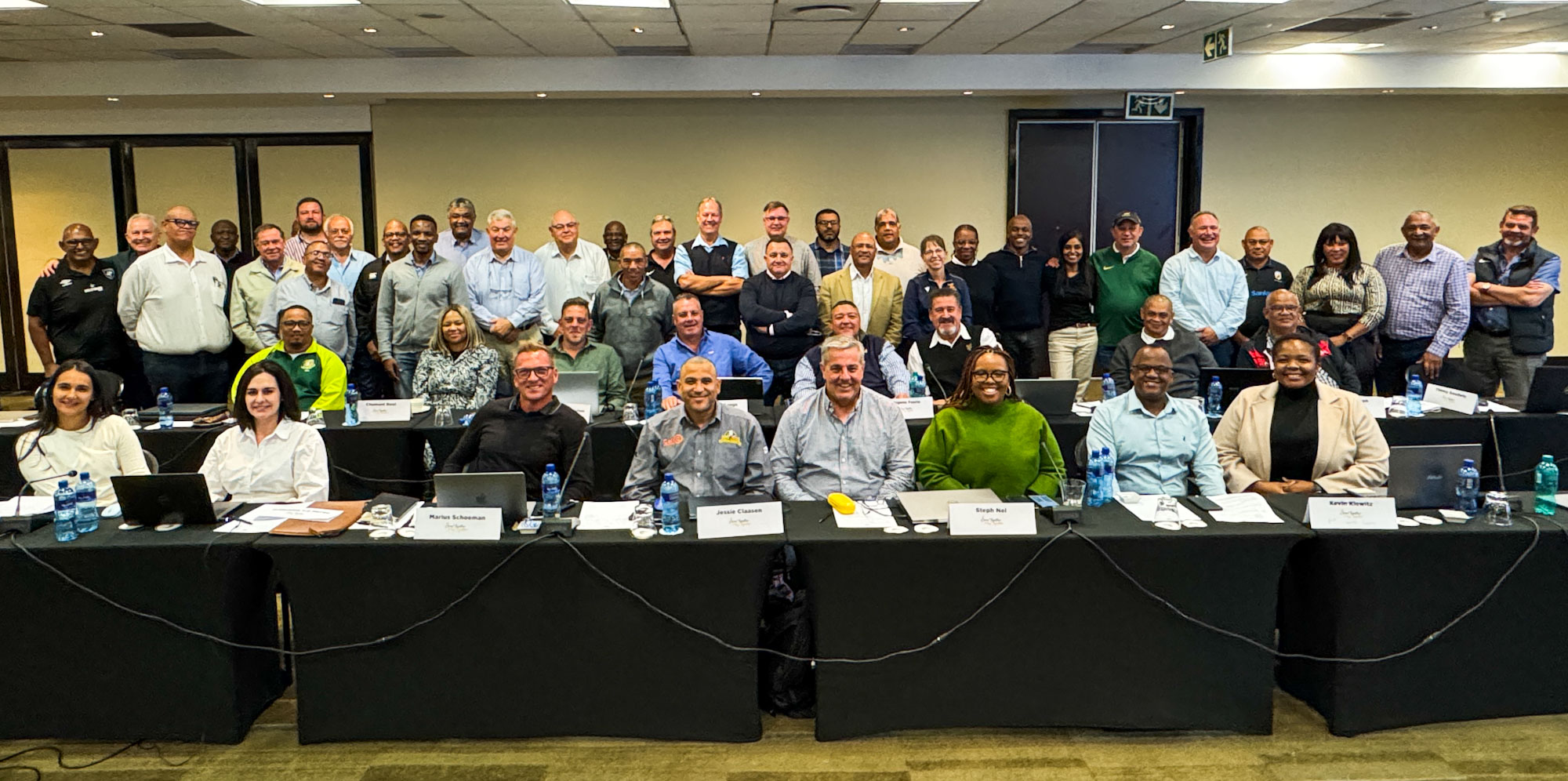
Delegates at the second annual Community Rugby Workshop.
“It is at this level that the hard work is done, shaping the players, match officials, coaches, and leaders of tomorrow,” he said. “While the top tiers of the game often receive the exposure and limelight, it is here, within the heart of the community, where the true essence of rugby thrives.
“We deeply respect and admire the dedication, passion, and commitment of those who drive this crucial component of our sport. Without your efforts, rugby would not be the force it is today. You are the bedrock of our game, ensuring its growth, accessibility, and continued excellence across all levels.”
SA Rugby’s presentations and deliberations covered a wide range of strategic initiatives:
- Women’s Rugby Development: Plans to host U16 and U18 Elite Player Development camps for girls later this year were unveiled, with a focus on mirroring the structures available to boys. The aim is to create equal opportunities for female players and coaches through clear, sustainable pathways.
- Training and Education: Enhanced efforts to equip players, coaches, and match officials with the tools to succeed at all levels.
- Schools and Youth Rugby: The FNB Youth Weeks and school rugby remain central to the development pipeline, with renewed emphasis on post-COVID recovery and growth.
- Data-Driven Growth: Verified participation data was shared, reinforcing SA Rugby’s strategic goal – as outlined in the “Destination 2027” plan – to grow male participation by 10% and female participation by 30% by the end of 2027.
- Match-officials: Grow the number of referees, improve operational efficiencies, and improve refereeing through standardised inhouse coaching systems and education.
“Data is the new oil in community rugby,” said Ian Schwartz, General Manager of the Participation & Development Department. “It fuels our strategic direction and supports the creation of a gender-inclusive ecosystem where all players and coaches can thrive.
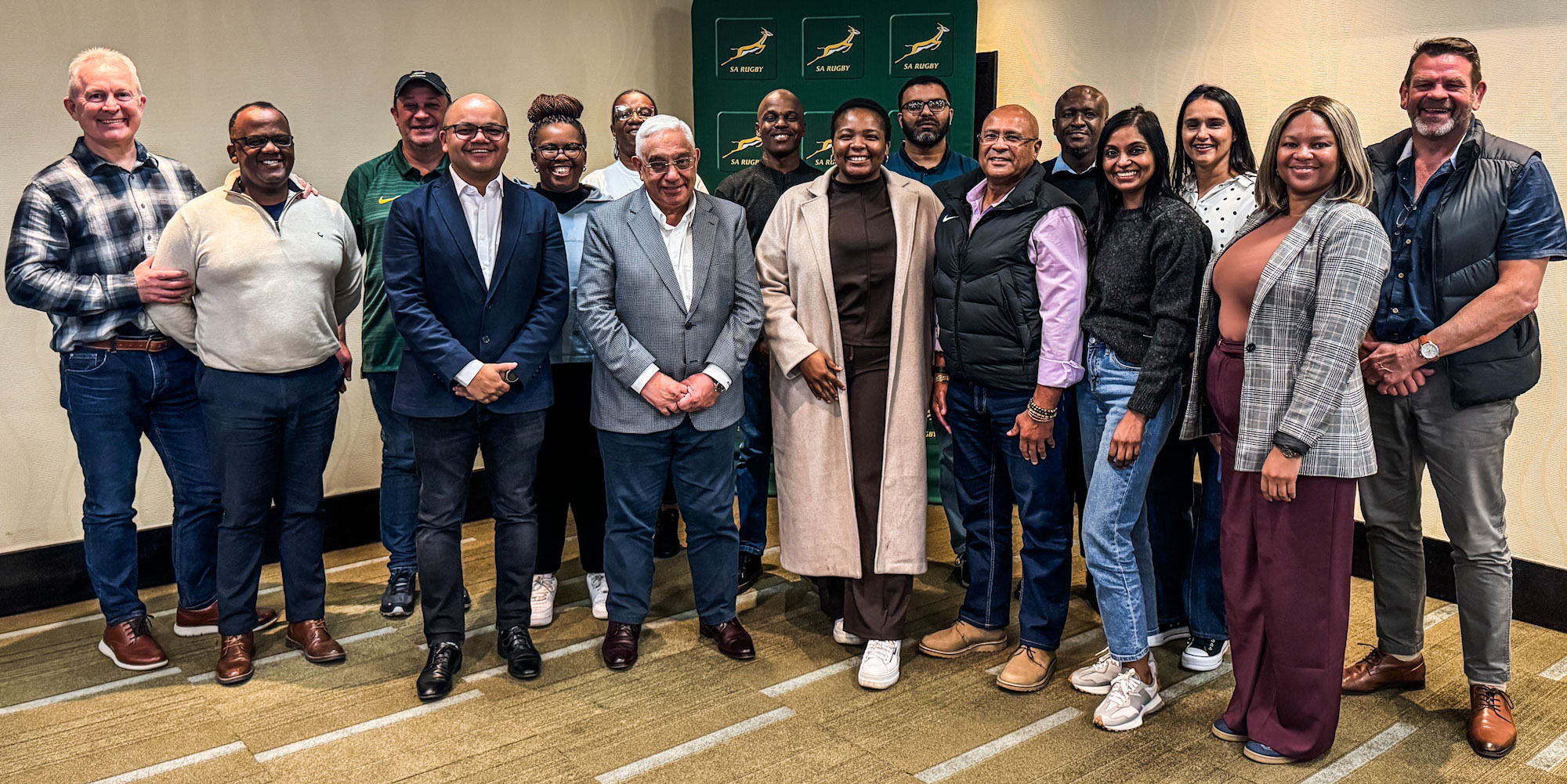
SA Rugby staff at the workshop.
“South Africa is among the few countries globally where rugby participation continues to grow, with over 103,986 male and female players currently registered. However, the growth in female participation remains relatively slow, with women making up only 6.5% of the total playing population.”
The workshop also highlighted the impact of key development programmes with the aim of expanding access and opportunity.
The Get Into Rugby (GIR) programme now accounts for 50% of primary school participants and 80% of all girls in the system, while VUKA and the Iqhawe Week, two very important programmes which are run by the SA Rugby Legends Association, continue to expand access to rugby in underrepresented communities, smaller and rural schools.
Plans to continue with the Pick n Pay Gold Cup club tournament were also confirmed, providing a vital platform for club players to transition into high-performance environments. A national women’s club competition remains a strategic priority.
Important updates were shared on BokSmart compliance, safeguarding protocols, the management of participation data and the planned tournaments and operational processes for the year.
“Rugby is more than a sport – it’s a community and a catalyst for positive change,” concluded Mr Alexander. “To everyone who contributes to this journey – from the provincial unions, other stakeholders and the SA Rugby Legends, for their generous and ongoing contribution to the growth of the game while reinforcing rugby’s vital role in social upliftment, thank you. Together, we are building a stronger, more inclusive future for South African rugby.”







